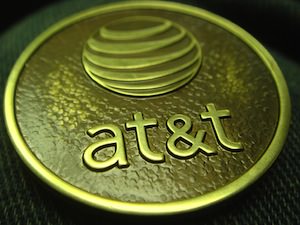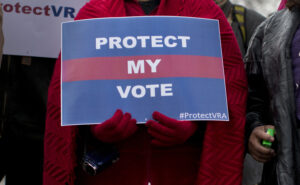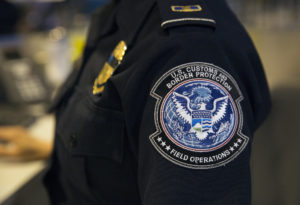NSA Isn’t Alone: Secret Government Program Embeds AT&T Workers in Drug Squads
The federal government has been paying AT&T to place some of its workers on drug-investigation teams since 2007 to give police instant access to millions of private phone records without court-signed subpoenas. The Obama administration says it's no big deal; the ACLU disagrees.
In a highly secret and troubling agreement, federal and local law enforcement have been working hand-in-hand for years with AT&T to sift through the company’s records of private telephone calls, raising significant questions about Fourth Amendment violations.
Called the Hemisphere program, the agreement includes placing government-paid AT&T employees within drug investigation units to give police instant access to private telephone records, all based on “administrative subpoenas” issued by the DEA and without court review, The New York Times reports. The calls include all those handled by AT&T — not just AT&T customers — and some go back as far as 26 years, though the program has been in effect about six years. Unlike the NSA data bank, these records include the locations of the callers.
The project comes to light at a time of vigorous public debate over the proper limits on government surveillance and on the relationship between government agencies and communications companies. It offers the most significant look to date at the use of such large-scale data for law enforcement, rather than for national security.
The scale and longevity of the data storage appears to be unmatched by other government programs, including the N.S.A.’s gathering of phone call logs under the Patriot Act. The N.S.A. stores the data for nearly all calls in the United States, including phone numbers and time and duration of calls, for five years.
The Obama administration defended the program as part of a years-long effort to track drug dealers seeking to evade detection by using and discarding cellphones, although the government had also used the system in non-drug cases. Unlike the NSA program, the government does not maintain the databank, but it has complete access to it.
Obama administration officials told the Times the program raises no fresh privacy issues, but the American Civil Liberties Union disagreed after viewing a secret presentation about the system obtained by the Times from a Washington State activist who ferreted out the details through the Freedom of Information Act.
Jameel Jaffer, deputy legal director of the American Civil Liberties Union, said the 27-slide PowerPoint presentation, evidently updated this year to train AT&T employees for the program, “certainly raises profound privacy concerns.”
“I’d speculate that one reason for the secrecy of the program is that it would be very hard to justify it to the public or the courts,” he said.
Mr. Jaffer said that while the database remained in AT&T’s possession, “the integration of government agents into the process means there are serious Fourth Amendment concerns.”
—Posted by Scott Martelle
.
Your support matters…Independent journalism is under threat and overshadowed by heavily funded mainstream media.
You can help level the playing field. Become a member.
Your tax-deductible contribution keeps us digging beneath the headlines to give you thought-provoking, investigative reporting and analysis that unearths what's really happening- without compromise.
Give today to support our courageous, independent journalists.









You need to be a supporter to comment.
There are currently no responses to this article.
Be the first to respond.